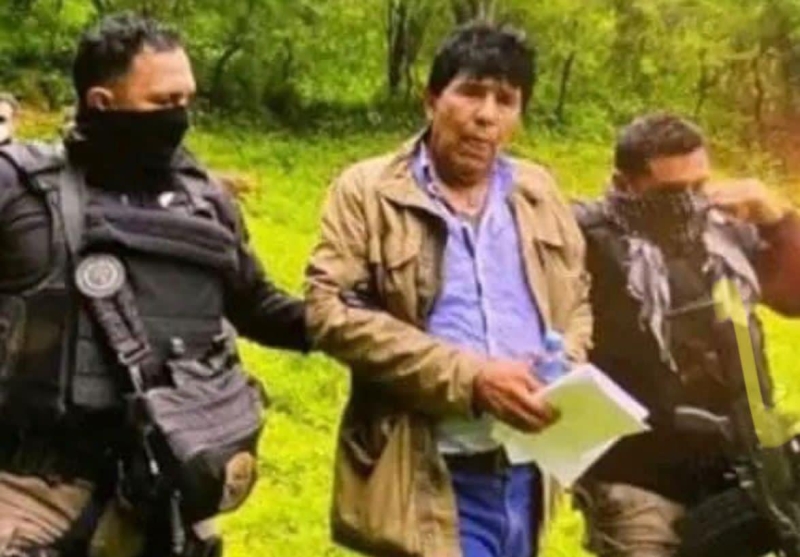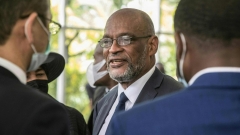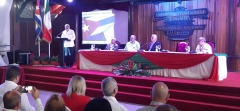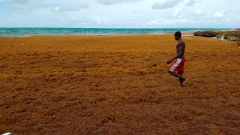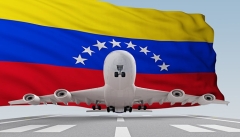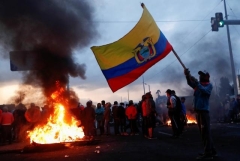Mexican army captures Narco boss Rafael Caro Quintero
In a federal operation, Rafael Caro Quintero, one of the founders of the Guadalajara Cartel, and currently the leader of the so-called Caborca Cartel, was reapprehended. Federal officials confirmed the arrest of the Sinaloa capo, for whom the United States authorities offer a reward of five million dollars and in Mexican territory he still has to serve a sentence for the murder of DEA agent Enrique Camarena Salazar.
In May 2021, a collegiate court confirmed that Rafael Caro Quintero can be extradited to the United States, after he filed various appeals against his delivery to the United States justice system.
Caro Quintero was arrested in an operation in the municipality of Guachochi, Cbhihuahua, this in events that occurred yesterday. Caro Quintero was released on August 9, 2013 due to an injunction that argued errors in the judicial procedure, a sentence that was later reversed by the Supreme Court of Justice of the Nation itself, who ordered his re-arrest.
Since then, the founder of the Guadalajara Cartel was on the run and the US government offered a reward of 20 million dollars for his capture, since it points to him as directly responsible for the murder of Enrique Camarena, a DEA agent.
Days after his release, based on a request sent by the United States government, a federal judge issued a new search and detention order against Caro Quintero, this time for extradition purposes.
Since August 2013, Caro Quintero has once again become one of the most wanted capos by the Mexican authorities, while for more than 30 years the United States government has not given up its claim that the former leader of the Jalisco cartel be made available to a court in California, United States, and tried for various crimes.
By 2013 Caro Quintero regained his freedom after 28 years in prison, although he was sentenced to 40.
According to the extradition treaty signed between Mexico and the United States, once Caro Quintero is arrested, the government of that country will have 60 days to formalize his extradition request.
Likewise, he must deliver to the judge who authorized the arrest a file in which the crimes imputed to him and the evidence possessed by the requesting authority will be recorded.
A Mexican judge must initiate a process to determine if extradition is appropriate, for which he must check that he has not been tried in national territory for the crimes for which he is requested, and that no punishments are imposed that include life imprisonment or prison sentence. of death
Caro Quintero became one of the most wanted criminals in the United States after being accused of participating, in 1985, as one of the intellectual and material authors of the murder of Camarena Salazar, an element of the United States Drug Enforcement Agency (DEA, for its acronym in English), which operated in the northern part of Mexico.
Camarena Salazar, originally from Baja California, Mexico, became an undercover agent for the DEA, and with the support of Alfredo Zavala, an aviator pilot who worked for the Ministry of Agriculture, discovered the El Búfalo ranch, in the state of Chihuahua, which had an extension of one thousand hectares and in which more than 700 day laborers worked and more than 10 thousand tons of marijuana were stored.
That finding caused the leaders of the Guadalajara cartel, an organization in which Caro Quintero was one of the bosses, to order – according to the investigations of the time – that the DEA agent and the pilot be deprived of their liberty by the drug traffickers. tortured and murdered in the city of Guadalajara, in February 1985; Their bodies were discovered a month later in the town of La Angostura, in Michoacán.
Caro Quintero fled to Costa Rica, where he was arrested in April 1985; Since then he has been in prison and six criminal proceedings have been initiated against him.
the way in which he obtained his freedom was due to the fact that federal courts, based in Jalisco, dismissed four of the criminal proceedings against the capo; that is, they annulled the sentences imposed in the trials for crimes against health and for the murders of four people, including those of Camarena Salazar and Alfredo Zavala, considering that he had been tried by an incompetent authority.
In another of the cases he was acquitted, and in the sixth he was sentenced to 15 years, and since he had already spent more time in prison, he was released from the State Preventive Prison, in Puente Grande, Jalisco.
His case was resolved in the same court that for 15 years granted him direct amparos that managed to take him from high-security prisons to a medium-security prison, resolutions that also paved the way for his release.

Comments to this:


